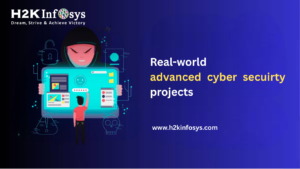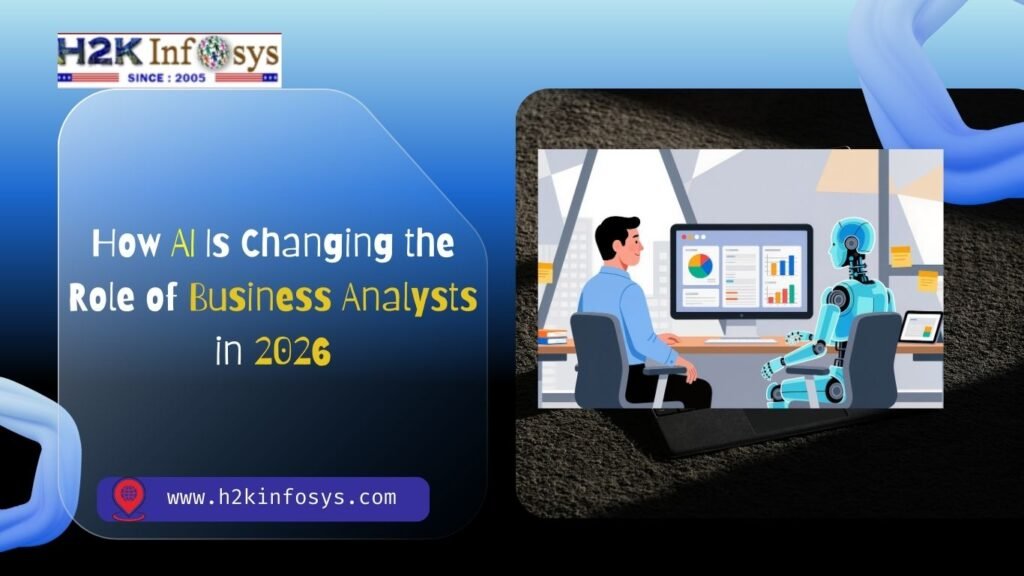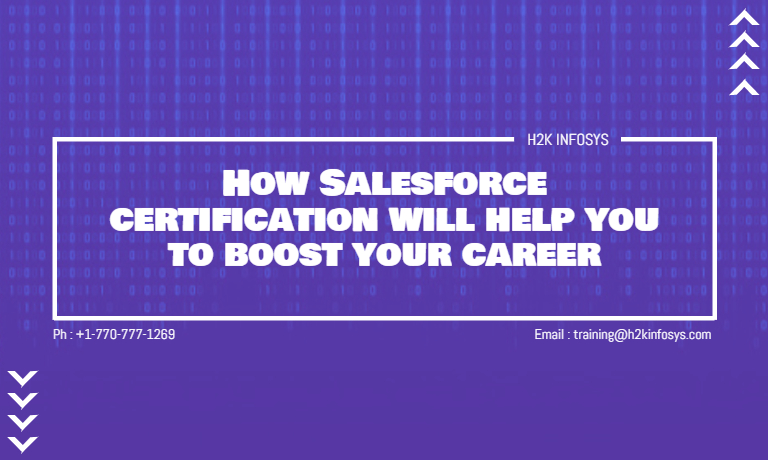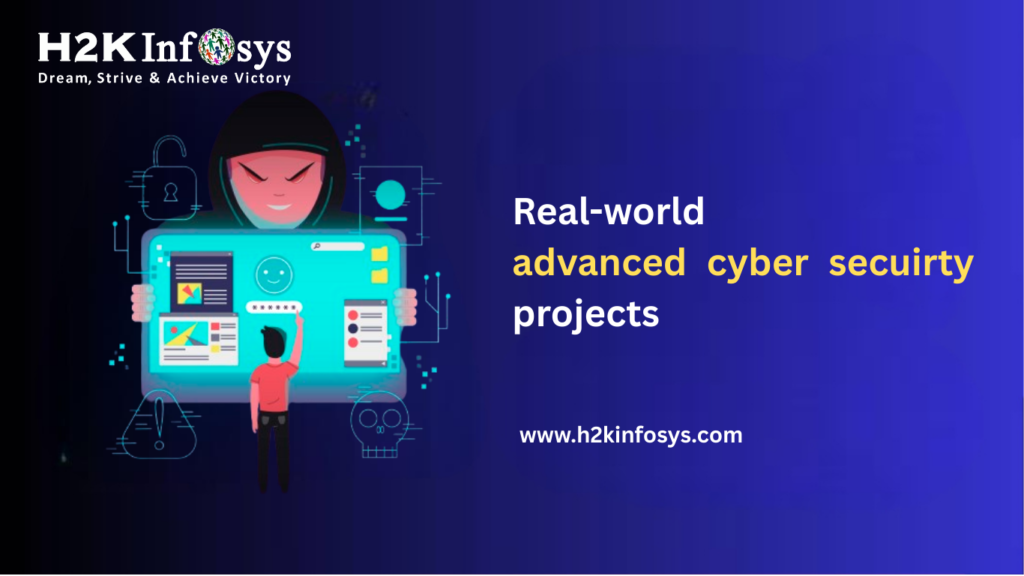Introduction: Why Salesforce Jobs Are Skyrocketing in Demand
Salesforce jobs are some of the fastest-growing and most rewarding career paths in the tech industry today. With businesses of all sizes adopting Salesforce to streamline their sales, customer service, and marketing operations, there’s a growing demand for certified professionals who can manage and customize this powerful CRM platform. From admins to developers to consultants, Salesforce offers a range of roles to match different skill sets and career goals.
At H2K Infosys, our Salesforce classes, Sfdc courses, and Salesforce certification training are designed to equip learners with the real-world skills and knowledge they need to secure top-tier Salesforce jobs.
In this blog, we’ll dive into the different types of Salesforce jobs, what they involve, required skills, and how to prepare for them.
The Salesforce Ecosystem: A Brief Overview
Before diving into specific roles, it’s essential to understand the Salesforce ecosystem. At its core, Salesforce is a cloud-based CRM platform that allows companies to manage customer relationships, automate tasks, and analyze business performance. But the ecosystem goes far beyond just CRM.
It includes:
- Sales Cloud (for sales automation)
- Service Cloud (for customer service)
- Marketing Cloud (for marketing automation)
- Commerce Cloud
- Tableau (for analytics)
- MuleSoft (for API integrations)
This means that Salesforce jobs are not limited to one function they span across multiple departments and specializations.
Top Salesforce Jobs You Should Know About
Let’s explore the most in-demand Salesforce jobs, their responsibilities, and how to land them through the right training.
1. Salesforce Administrator
Role Overview:
Salesforce Administrators are the backbone of any Salesforce implementation. They handle the day-to-day configuration, maintenance, and user support.
Responsibilities:
- Managing users and permissions
- Creating reports and dashboards
- Automating processes with workflows and flows
- Configuring objects, fields, and validation rules
Skills Required:
- Strong understanding of CRM concepts
- Knowledge of Salesforce Platform
- Good problem-solving abilities
Path to Job:
Enroll in a Salesforce admin course and pursue the Salesforce Certified Administrator credential. At H2K Infosys, our Salesforce administrator training and placement services prepare you thoroughly for this role.
2. Salesforce Developer
Role Overview:
Developers extend Salesforce functionalities using Apex (Salesforce’s programming language), Visualforce, and Lightning components.
Responsibilities:
- Writing Apex classes and triggers
- Creating Lightning Web Components (LWC)
- Integrating Salesforce with third-party apps
- Collaborating with admins to implement custom solutions
Skills Required:
- Apex, JavaScript, and SOQL knowledge
- Understanding of REST/SOAP APIs
- Problem-solving and logic-building abilities
Path to Job:
Start with Sfdc courses focused on Apex and Lightning, then go for the Salesforce Platform Developer I certification.
3. Salesforce Business Analyst
Role Overview:
Business analysts act as a bridge between business stakeholders and technical teams.
Responsibilities:
- Gathering and analyzing business requirements
- Documenting user stories
- Supporting UAT (User Acceptance Testing)
- Creating training documents for end-users
Skills Required:
- Strong communication and analytical skills
- Understanding of Salesforce platform capabilities
- Experience with agile methodologies
Path to Job:
Salesforce certification training in business analysis and CRM concepts is a must. H2K Infosys offers practical training that aligns with real-time business scenarios.
4. Salesforce Consultant
Role Overview:
Consultants help businesses get the most out of Salesforce by customizing and optimizing their environment.
Responsibilities:
- Client requirement gathering and solution design
- Custom configuration
- Data migration and testing
- Providing strategic Salesforce advice
Skills Required:
- Deep Salesforce platform knowledge
- Industry-specific understanding (Finance, Healthcare, etc.)
- Communication and project management
Path to Job:
Enroll in a comprehensive Salesforce course that includes case studies and client-facing scenarios. Certifications like Salesforce Sales Cloud Consultant or Service Cloud Consultant are highly recommended.
5. Salesforce Architect
Role Overview:
Salesforce Architects design robust, scalable, and secure Salesforce solutions for enterprise-level applications.
Responsibilities:
- Solution architecture planning
- Overseeing data modeling and integration
- Governance and scalability recommendations
- Mentoring developers and admins
Skills Required:
- Advanced technical and design skills
- Multi-cloud knowledge (Sales, Service, Marketing, etc.)
- Experience with enterprise architecture patterns
Path to Job:
This is a senior-level role. After completing Salesforce admin and developer certifications, pursue the Application Architect and System Architect certifications.
Niche Salesforce Jobs You Might Not Know About
6. Salesforce Marketing Cloud Specialist
They focus on email automation, customer journeys, and campaign analytics.
7. Salesforce CPQ Specialist
Handles product configuration, pricing logic, and quote generation for sales teams.
8. Salesforce QA/Test Engineer
Involved in testing Salesforce functionalities through manual and automated methods.
9. Salesforce Integration Specialist
Focuses on integrating Salesforce with other systems like ERPs, databases, or third-party APIs.
10. Salesforce Data Analyst
Uses tools like Tableau CRM (Einstein Analytics) to turn Salesforce data into actionable insights.
Each of these roles falls under the umbrella of Salesforce jobs and offers a unique career path depending on your strengths and interests.
Salesforce Jobs: Salaries and Market Trends
According to IDC and Salesforce, over 9.3 million new Salesforce jobs will be created globally by 2026. Here’s what you can expect in the U.S.:
| Role | Average Salary |
|---|---|
| Salesforce Admin | $90,000 – $110,000 |
| Salesforce Developer | $100,000 – $130,000 |
| Salesforce Business Analyst | $95,000 – $115,000 |
| Salesforce Consultant | $110,000 – $135,000 |
| Salesforce Architect | $150,000 – $180,000 |
These numbers can increase significantly based on experience, certifications, and region.
Why Salesforce Certification Training Matters
The Salesforce ecosystem evolves rapidly. Certification ensures you are up-to-date with the platform’s latest features and best practices.
At H2K Infosys, our Salesforce certification training provides hands-on projects, case-based learning, and real-time support. Whether you’re looking for a Salesforce admin course or want to explore more technical Sfdc courses, we prepare you for today’s competitive Salesforce jobs market.
Career Paths: How to Choose the Right Salesforce Job
Step 1: Assess Your Background
- Technical background? Start with developer or architect roles.
- Non-technical but analytical? Business analyst or admin roles might be best.
Step 2: Take a Salesforce Course
Enroll in beginner-friendly Salesforce classes like:
- Salesforce Administrator Course
- Salesforce Platform Developer Course
- Salesforce Consultant Track
Step 3: Get Certified
Certifications give you credibility and improve job chances. Popular options include:
- Salesforce Certified Administrator
- Salesforce Certified Platform Developer I
- Salesforce Sales Cloud Consultant
Step 4: Gain Hands-On Experience
Use tools like Salesforce Trailhead or join real-time training with placement assistance, such as those offered by H2K Infosys.
Step 5: Apply for Entry-Level Salesforce Jobs
Positions like Junior Admin, Salesforce Intern, or QA Analyst are great starting points.
Salesforce Jobs vs Traditional IT Jobs
| Aspect | Salesforce Jobs | Traditional IT Jobs |
|---|---|---|
| Demand | Growing rapidly | Moderate growth |
| Entry Barrier | Lower (with training) | May require CS degree |
| Pay | Competitive | Varies |
| Remote Opportunities | High | Moderate |
| Career Growth | High with certification | Slower without specialization |
Real-World Success Stories
From Finance to Admin: Lisa’s Journey
Lisa was a financial analyst who transitioned into Salesforce after completing the Best Salesforce admin course at H2K Infosys. Within six months, she landed a job as a Salesforce Administrator at a fintech startup, doubling her previous salary.
Developer to Architect: Raj’s Growth Path
Raj took our advanced Sfdc courses and climbed from developer to certified Salesforce Architect in under four years.
These real-world examples show how the right Salesforce certification training can unlock new and exciting Salesforce jobs.
Key Takeaways
- Salesforce jobs are diverse ranging from admins and developers to architects and analysts.
- Certifications and hands-on training are essential to land the best roles.
- The Salesforce ecosystem supports remote work, high pay, and rapid career growth.
- Whether you’re technical or non-technical, there’s a Salesforce job tailored for you.
Conclusion: Ready to Start Your Salesforce Career?
With so many exciting Salesforce jobs out there, now is the best time to build your skills and step into a thriving career. Enroll in Salesforce classes at H2K Infosys and get hands-on with real projects. Your future in tech starts today.


























